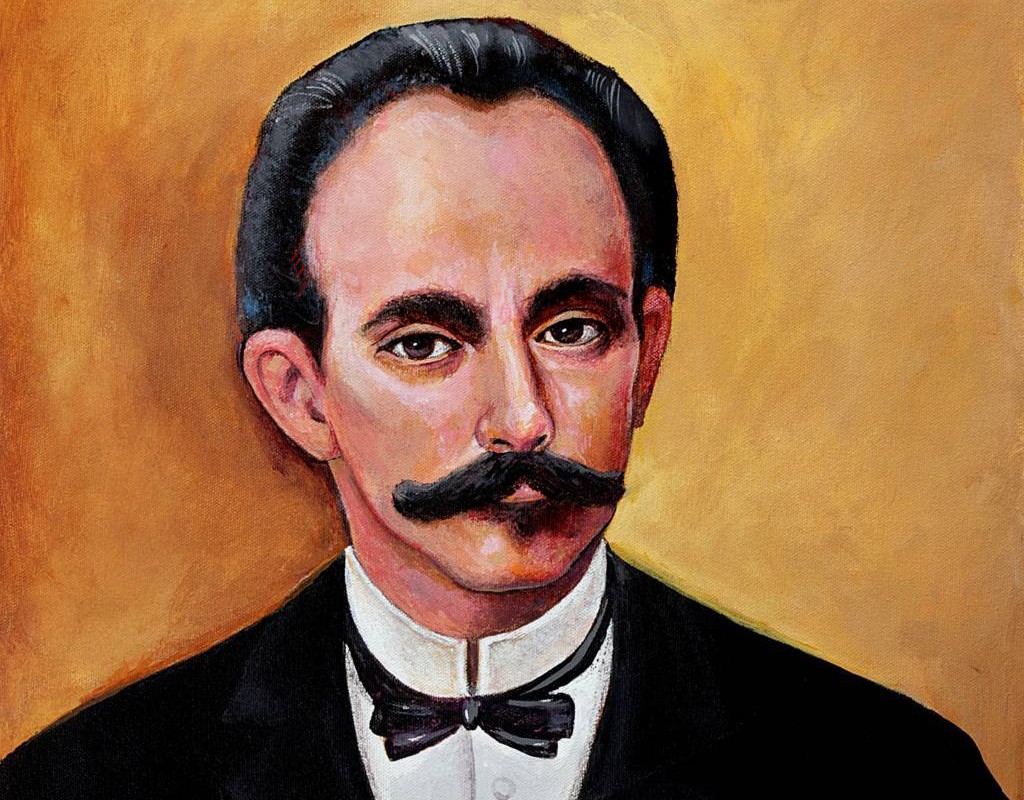Havana, January 28, 2025 – Spanning his historical context and far beyond into the present day, José Martí’s ideology has left us with principles, values, and teachings that serve as unwavering coordinates to guide us.
Cubans have the privilege of drawing from his invaluable teachings, which provide lessons in patriotism, humanism, ethics, social justice, anti-imperialism, Latin Americanism, solidarity, and love—foundations upon which he shaped his intense journey through life from an early age.
The legacy of the Apostle of our independence permeates the Cuban revolutionary process. Loyal to his political thought were figures of other eras, such as Juan Gualberto Gómez, Carlos Baliño, Julio Antonio Mella, Rubén Martínez Villena, and Antonio Guiteras, among many others who fought against the abuses and exploitation that characterized more than half a century of a neocolonial Republic during the past century.
In 1953—the centennial of Martí’s birth—Cuban leader Fidel Castro Ruz recognized Martí as the intellectual author of the assault on the Moncada Barracks, a revolutionary action that, on July 26 of that year, marked the beginning of the armed struggle to overthrow the dictatorship of Fulgencio Batista and put an end to the oppressive regime.
“I carry in my heart the doctrines of the Master…!” the young lawyer declared, whose words bore the moral, ideological, and political foundation of a genuine Revolution.
With remarkable foresight, José Martí anticipated the danger posed by U.S. imperialism to Cuba and Latin America. He identified the only viable option and wisely warned us: “The war being waged against us is a war of ideas; let us win it with ideas.” For this and so much more, his teachings make him our contemporary.
Martí’s concept of creating a unified organization—the Cuban Revolutionary Party—to channel and lead the 1895 emancipatory struggle against Spanish colonialism inspired not only the patriots of that era but also became a seed for future generations of Cubans who, years later, began building socialism in our country through the founding of the Communist Party of Cuba.
Only the work of the Cuban Revolution could fulfill the dreams of the most universal of all Cubans. A concrete example is found in the field of education.
In 1961, when thousands of young people and teenagers voluntarily participated as brigadistas in the National Literacy Campaign, this colossal task became an unprecedented mass movement. It transformed Cuba into a Territory Free of Illiteracy by bringing the light of education to the most remote corners of the island.
This fulfilled Martí’s precept: “On coming to earth, every man has the right to be educated, and then, in return, the duty to contribute to the education of others.
”Similarly, the Cuban teaching method Yo sí puedo (Yes, I Can in English) became a pedagogical program implemented in some thirty countries across Latin America and the Caribbean, Africa, Oceania, and Europe, benefiting more than 10 million people who learned to read and write.
“Homeland is humanity,” declared the Apostle, and thousands of internationalist collaborators in the health sector have demonstrated altruism in diverse regions, navigating roads, rivers, jungles, and mountains, overcoming risks, planting health, and saving lives.
We owe much to the Teacher. His boundless love for the homeland, his life for freedom, his inexhaustible ideas, and his enduring example remain an eternal inspiration.
He left us the highest lesson: his own life’s work.The tribute of all Cuban men and women on the 172nd anniversary of his birth this January 28 is the ongoing struggle for the continuity of the Revolution and our socialism.
Trabajadores.cu
